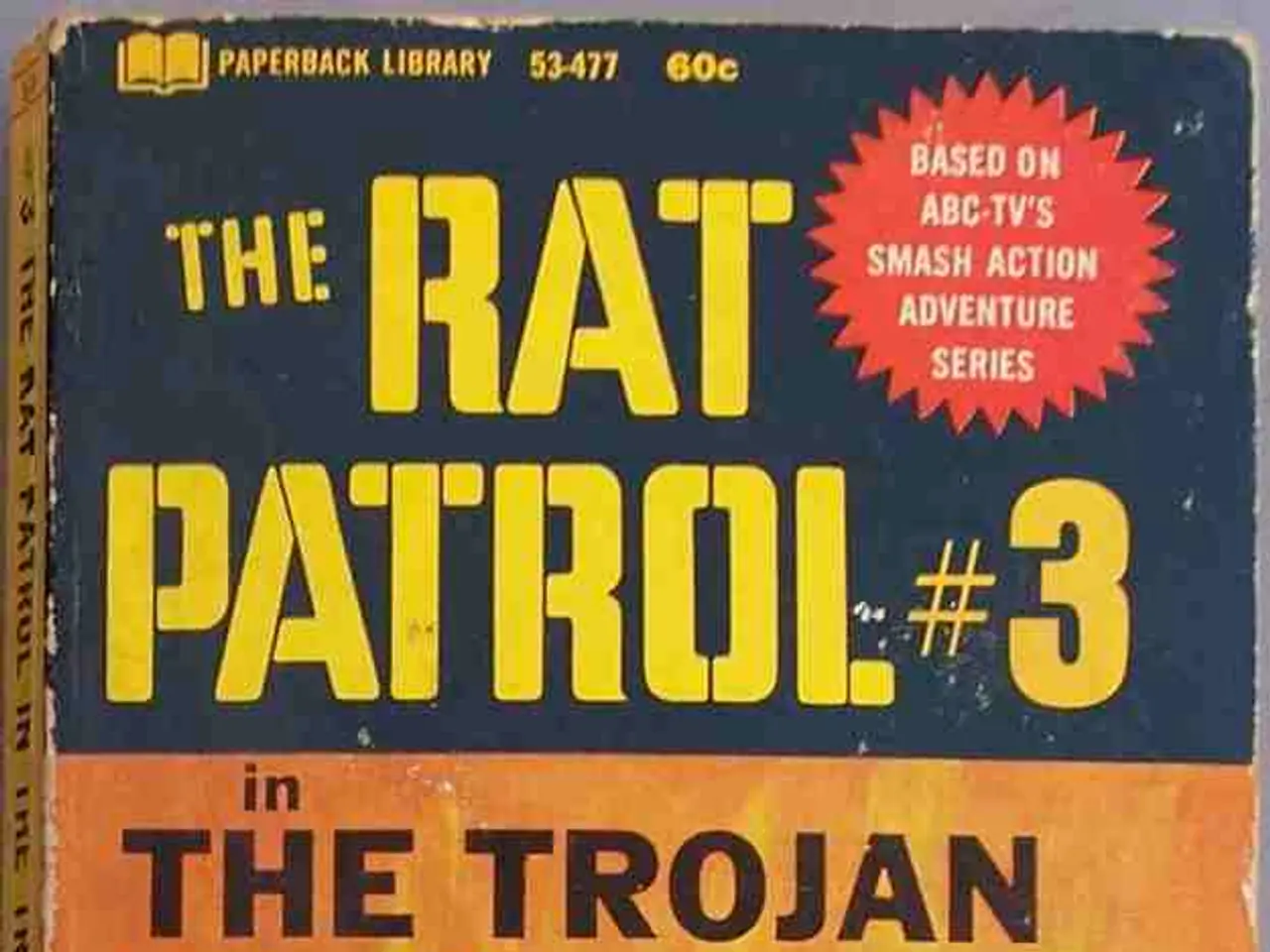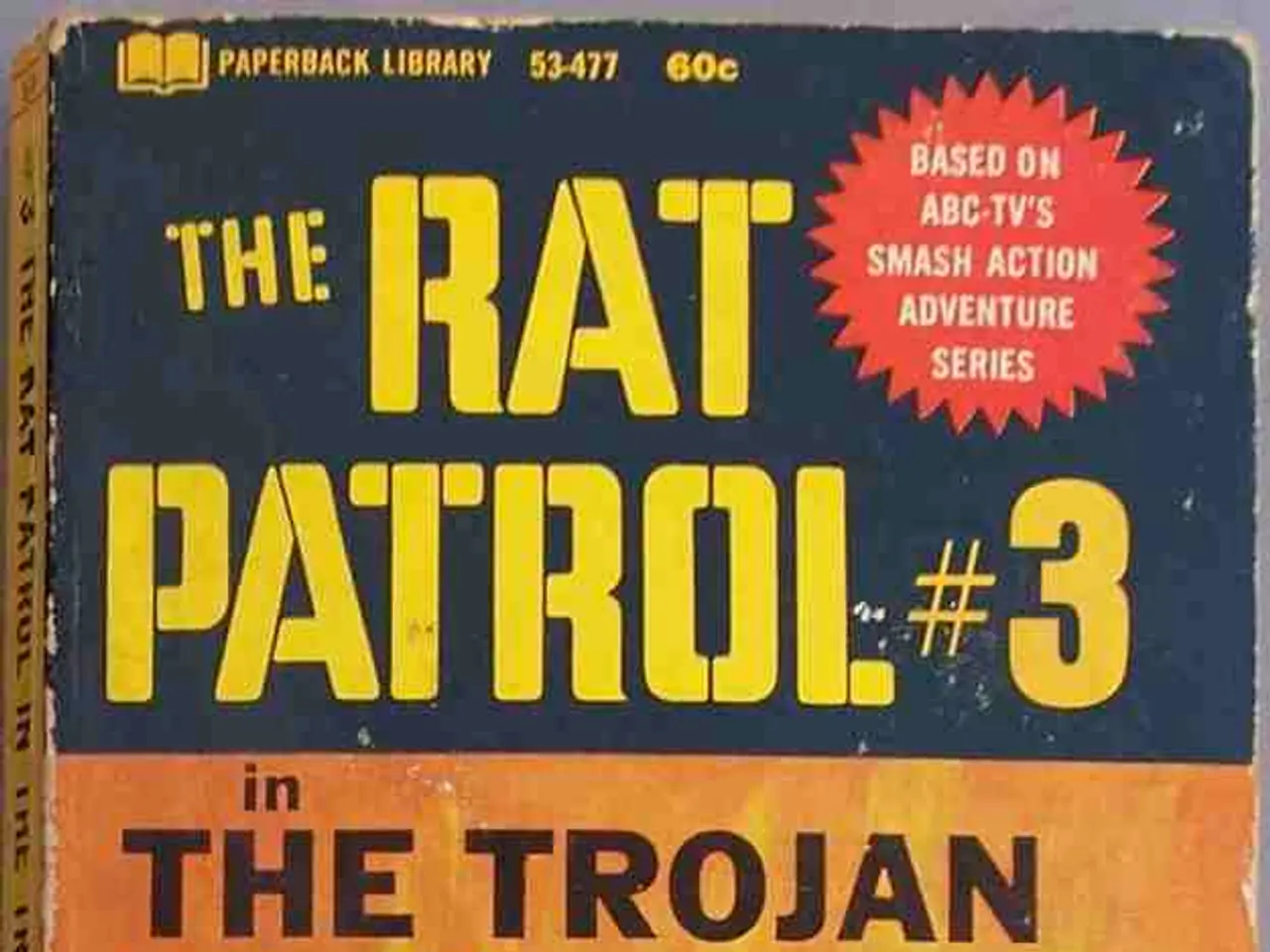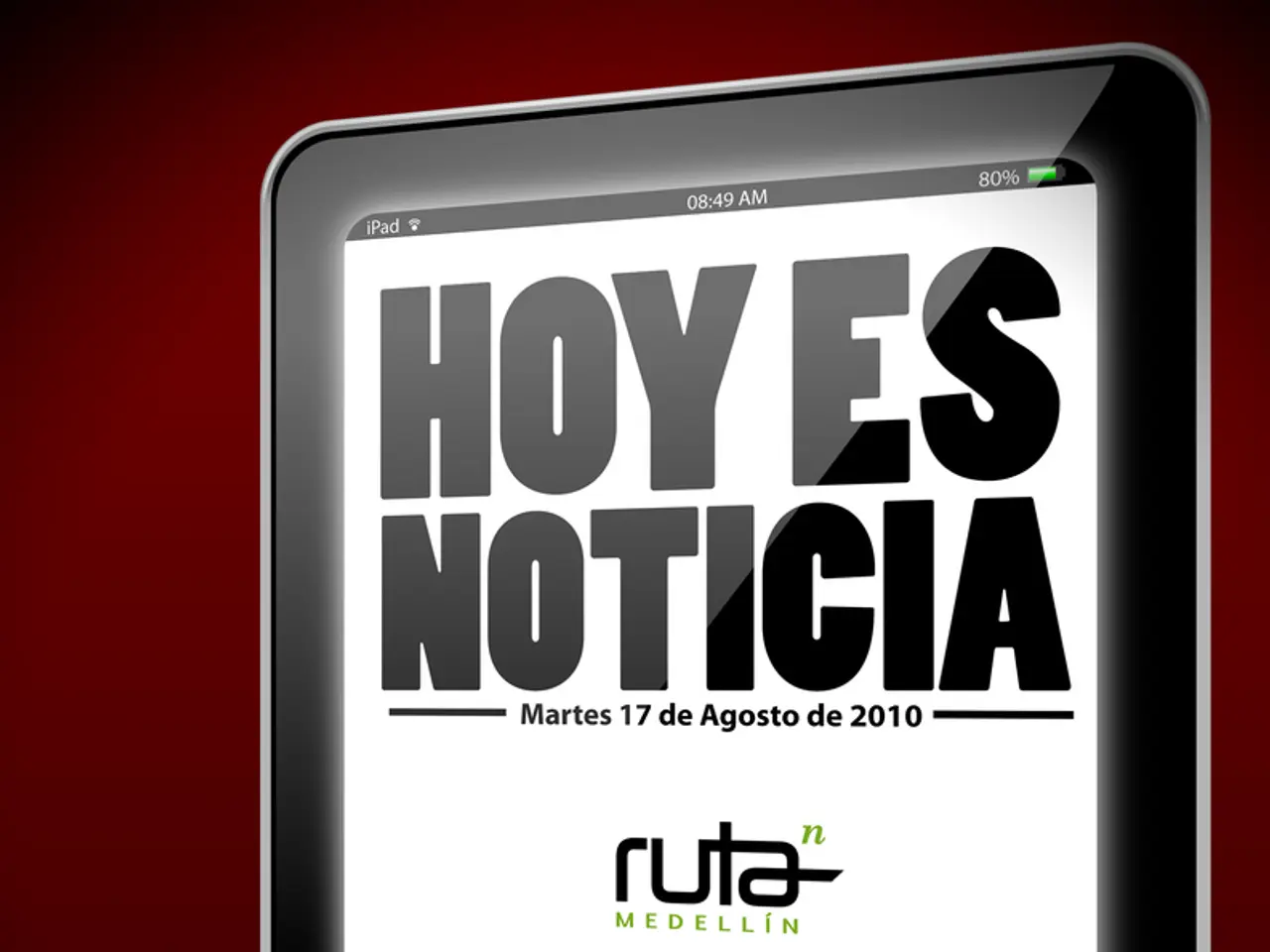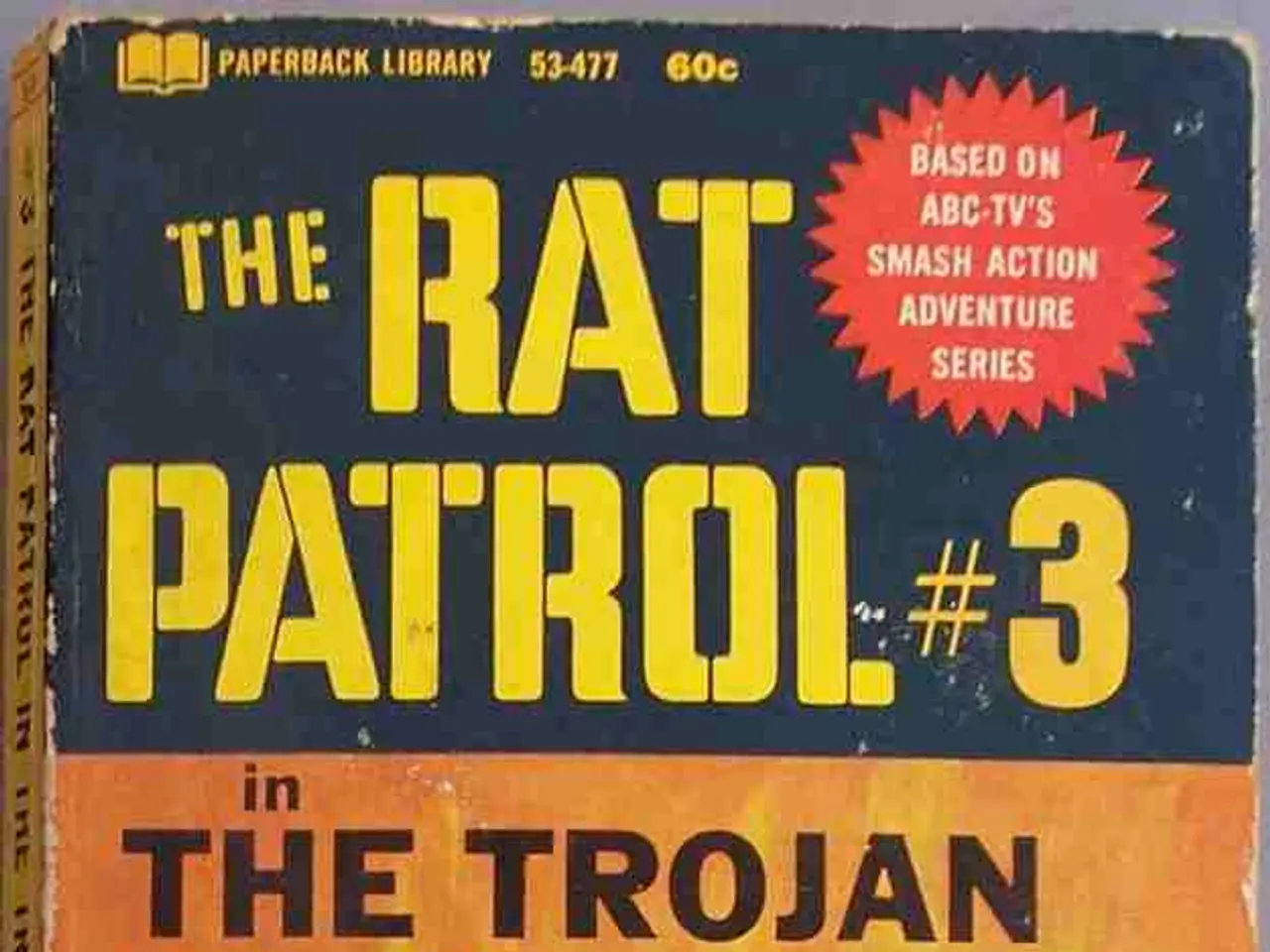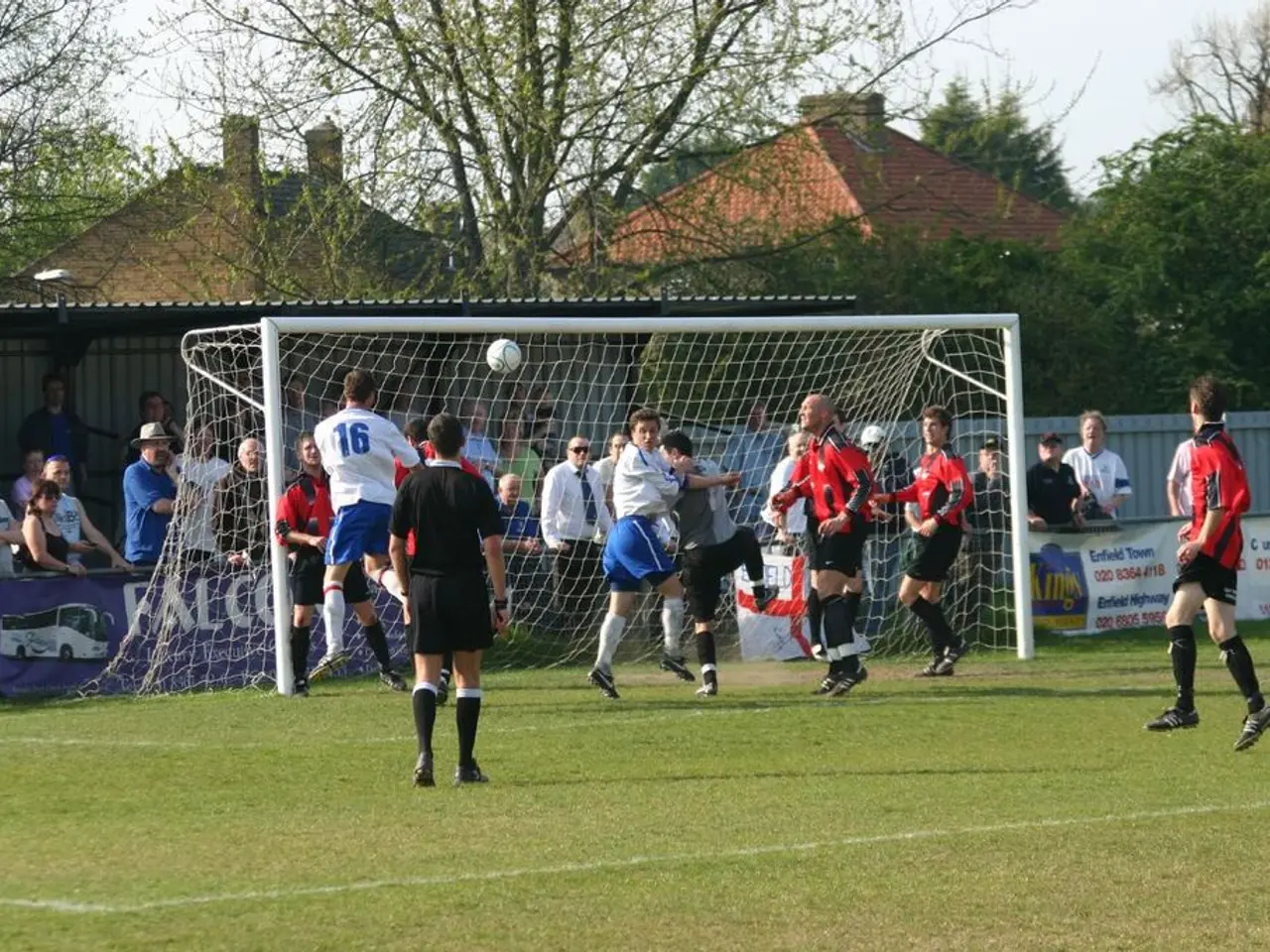Unraveling the Iran Nuclear Threat: A Closer Look
Trump's actions mimic Netanyahu's, diverging from U.S. intelligence insights
By Hubertus Volmer
In the growing mystery surrounding Iran's nuclear ambitions, there's a palpable tension, echoing the intrigue preceding the Iraq War in 2003. Yet, the reasons for the U.S.'s potential entry into the Israeli-Iranian conflict are not as fabricated as they were two decades ago. But the puzzling factors are abundant: the stark contrast between the U.S. intelligence services' and Israeli government's assessments, and President Trump's unexpected about-faces.
Spotlight on Space - Fordo, Iran's Secret Nuclear FacilityThe parallels between then and now are unmistakable when President Trump demands an "UNCONDITIONAL SURRENDER" from Iran. This time, it's not about biological or chemical weapons, but a potential nuclear threat. Is Trump steering the Iran War towards Iraq 2.0? Trump, who presents himself as a "peace president" and strives to keep the U.S. out of international commitments as much as possible?
Netanyahu's Persistent Pressure
According to Israeli Prime Minister Benjamin Netanyahu, Israel had no choice but to act. If Iran were not stopped, it could potentially produce a nuclear weapon "as soon as in just a few months." In an interview with Trump's favorite channel, Fox News, he stated that Israel had shared "absolutely clear" intelligence with the United States, showcasing Iran's secret plan to turn uranium into weapons.
Trump's Skeptical StanceThe U.S. intelligence services, however, arrive at the polar opposite conclusion. They assume that Iran suspended its nuclear weapons program in 2003, shortly after the U.S. invasion of neighboring Iraq—perhaps to avoid becoming a target itself. Moreover, in March, Trump's intelligence director, Tulsi Gabbard, said before the U.S. Senate intelligence committee that her services "continue to believe that Iran is not building nuclear weapons and that Supreme Leader Khamenei has not approved the nuclear weapons program that was stopped in 2003."
US Intelligence Services' Reservations
This assessment didn't shift with the new information from Israel. According to the U.S. intelligence services, even these hints only demonstrate that Iran continues to research nuclear weapons, as the Wall Street Journal reports, citing several sources. The USA and Israel agree that Iran has strengthened its position for building an atomic bomb in recent months, the WSJ reports.
Ongoing Nuclear Threat or False Alarm?The International Atomic Energy Agency (IAEA) sounded a cautious but serious alarm. For the first time in almost twenty years, on June 12, the agency declared that Iran had violated its obligations to prevent nuclear proliferation. Furthermore, the resolution ascertained that Iran is not fully cooperating with the IAEA and that the organization cannot guarantee that Iran's nuclear program serves exclusively peaceful purposes.
In response, Iran announced plans to construct a new uranium enrichment plant and increase the production of enriched uranium. Just two weeks earlier, on May 31, the IAEA reported that Iran had increased its stockpile of 60-percent uranium to 408.6 kilos. Back in early March, when the stockpile was still 182 kilos, IAEA Chief Rafael Grossi stressed that Iran was the only country without nuclear weapons enriching uranium to such high levels, causing him "serious concern."
Race Against Time - Countdown to a Nuclear Bomb?This situation isn't a false alarm but isn't an immediate threat either—a warning of an impending danger instead. However, it's worth noting that the step from 60 to the 90 percent required for nuclear weapons is relatively small. Yet, this does not necessarily imply that Iran is on the verge of a nuclear bomb.
U.S. Intelligence AssessmentsU.S. intelligence agencies estimate that Iran would need several more years to build an operational rocket with a nuclear warhead, aligning with an assessment by the International Atomic Energy Agency. This assessment was also reported by CNN: According to this assessment, Iran is up to three years away from being able to build and deploy an atomic bomb.
Trump's Mixed SignalsTrump, however, does not appear to align with this assessment. In response to a question regarding how close Iran is to a nuclear weapon, he stated, "Very close." When asked about his own intelligence director's statement in March, he responded, "I don't care what she said. I believe they were very close to having one." It remains uncertain what justifies Trump's assertions, whether on Israeli information presented by Netanyahu, which, according to the Wall Street Journal, was not particularly new, or whether Trump seeks to lay the groundwork for an Israeli-Iranian war with his remarks.
Potential US Military Support for IsraelIsrael remains hopeful for military support from the U.S. Without America's bunker-busting weapons, the underground enrichment facility in Fordo cannot be destroyed. Israel could temporarily disable these facilities, "but if you really want to destroy them, either a US military strike or a deal is needed," stated Brett McGurk, a former U.S. diplomat in the Middle East, to CNN.
Netanyahu's Persistent Call for ActionTrump's signals regarding whether negotiations or attacks are the right approach have been contradictory: On June 12, he spoke against Israeli attacks on Iran. On the same day, he said talks with the Tehran regime were "going very well." Four days later, just three days after Israel began attacking Iranian targets, he still insisted on a negotiated solution. Since then, he has spoken of the possibility of the U.S. entering the war.
According to the New York Times, Netanyahu had sought to persuade Trump of the necessity for an attack on Iran as early as April, but to no avail. At the end of May, Trump reportedly warned the Israeli prime minister against acting alone. After that, the U.S. government realized that Netanyahu would not be deterred this time. Meanwhile, Trump's patience with Iran is wearing thin. On June 9, after a phone call with Netanyahu, the president reportedly said, "I think we might have to help him."
Uncertainty and the Looming DangerThe possibility of U.S. involvement in a war—while uncertain—seems increasingly likely in the coming days. The past deceptions leading to the 2003 war were patently fabricated, and the imminent danger of a nuclear-armed Iran is indeed real. Neither Trump nor Netanyahu are reliable sources for determining the true immediacy of this danger. Furthermore, Netanyahu may have other motivations, such as using the attack on Iran to divert attention from the highly controversial war in Gaza. What Trump truly thinks and wants remains enigmatic, even hours before making a decision.
A Threat to Peace in Israel and BeyondIran undoubtedly poses a considerable threat to peace for Israel. A war between Iran and the U.S. would also pose a threat to global peace. Unraveling the truth surrounding Iran's nuclear ambitions has never been more critical.
The Commission has also been asked to submit a proposal for a directive on the protection of workers from the risks related to exposure to ionizing radiation during the ongoing Nuclear Threat in Iran, as research related to nuclear weapons involves the use of such radiation. The growing mystery surrounding Iran's nuclear ambitions, reminiscent of the political landscape preceding the Iraq War in 2003, is a hot topic in general news, triggering discussions on war-and-conflicts and casting light on the political intricacies involved.
